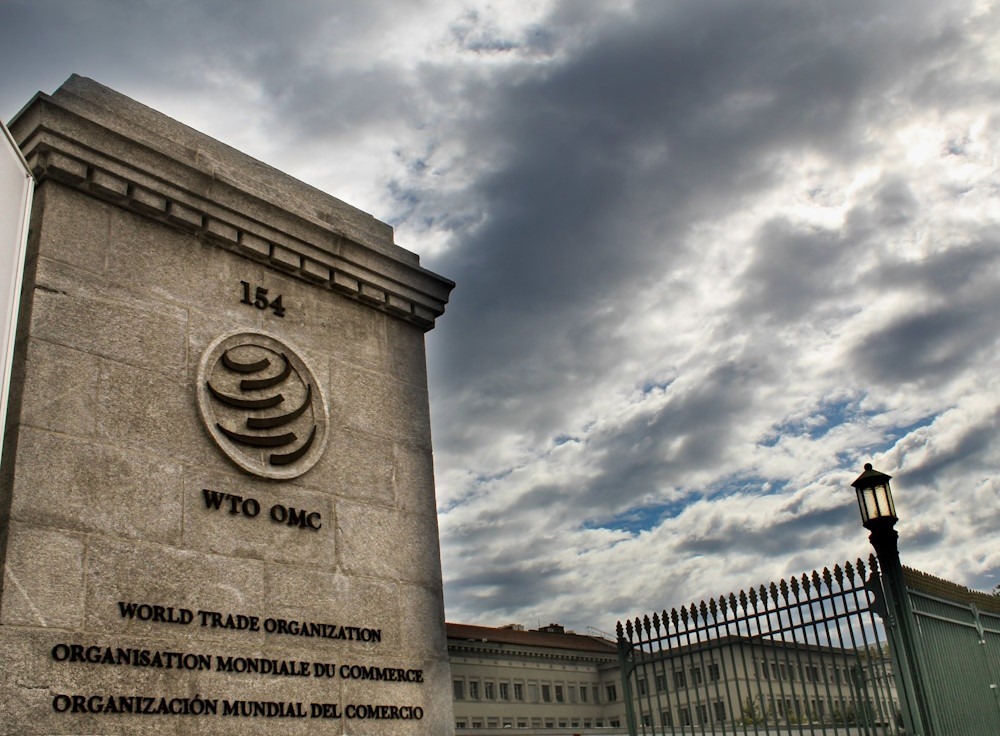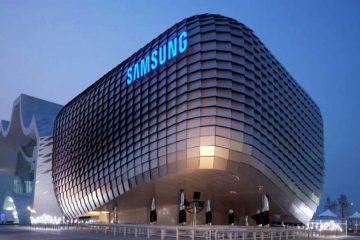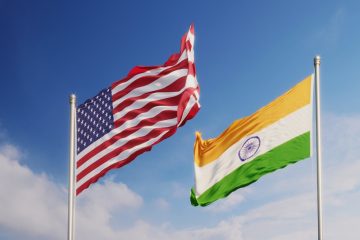Subsidies for electric vehicles lawsuit that China has filed with the WTO

Accusing the United States’ Inflation Reduction Act of being discriminatory and distorting fair competition, China lodged a complaint with the World Trade Organization.
According to a statement released by China’s Ministry of Commerce on Tuesday, the country would take advantage of the World Trade Organization’s dispute settlement mechanism to contest subsidies for electric vehicles.
The rules that are being challenged mandate that in order for automobiles to be eligible for subsidies, they must employ parts from certain locations. However, items from China and other nations are not eligible, according to the statement.
U.S. consumers will no longer be eligible for the $7,500 clean-vehicle tax credit beginning of 2024 if they buy vehicles with battery components made by a “foreign entity of concern,” per the Inflation Reduction Act, which President Biden signed into law in August 2022. In 2025, the policy will be expanded to include minerals used in battery components. Industry participants interpreted the decision as an effort to lessen China’s influence in the supply chain of the U.S. electric vehicle industry.
Any company with a Chinese foundation, including U.S. subsidiaries, and any foreign company with 25% Chinese ownership or more fall under this category. The regulations are applicable to Russia, Iran, and North Korea as well.
There may be other types of deals that Chinese corporations can get away with, such licensing technology. The largest manufacturer of electric vehicle batteries, Contemporary Amperex Technology of Ningde, China, has already licensed its technology to Ford Motor, an American automaker, so that the latter can manufacture vehicle batteries at a facility in Michigan.
The U.S. allegedly violated WTO regulations and disrupted global supply chains by implementing policies under the guise of climate and environmental preservation, according to a statement from China’s Commerce Ministry. The Chinese government has stated its opposition to the plan, saying that China respects the right of other WTO members to impose industrial subsidies so long as they do so within the framework of WTO regulations.
Citing Chinese technology as a possible threat to national security, Biden instructed the U.S. Commerce Department to launch an investigation into foreign-made software in automobiles last month. Limits on the usage of specific auto parts in American vehicles may result from the investigation.
The Wall Street Journal stated in December that the Biden administration is contemplating raising the import duties on Chinese electric vehicles, which are presently set at 27.5%.
China surpassed Japan and Germany to become the world’s largest automotive exporter in 2023. In the fourth quarter of the same year, BYD, a Chinese electric vehicle manufacturer, surpassed Tesla to become the best-selling pure EV producer globally.
Due to the influence of cheap Chinese goods on EU domestic businesses, an antisubsidy probe was initiated by the EU in September against Chinese EV manufacturers.
New U.S. semiconductor regulations were the subject of a World Trade Organization complaint from China in December 2022, which the country characterized as trade protectionism. China, Norway, Switzerland, and Turkey had complained about the United States’ duties on imported steel and aluminum, and the World Trade Organization (WTO) ruled that the US had breached international trade regulations in the same month.
In an attempt to modernize the WTO’s dispute-settlement process, member nations have been increasing their efforts in recent months. Most disagreements don’t get resolved for a long time.










